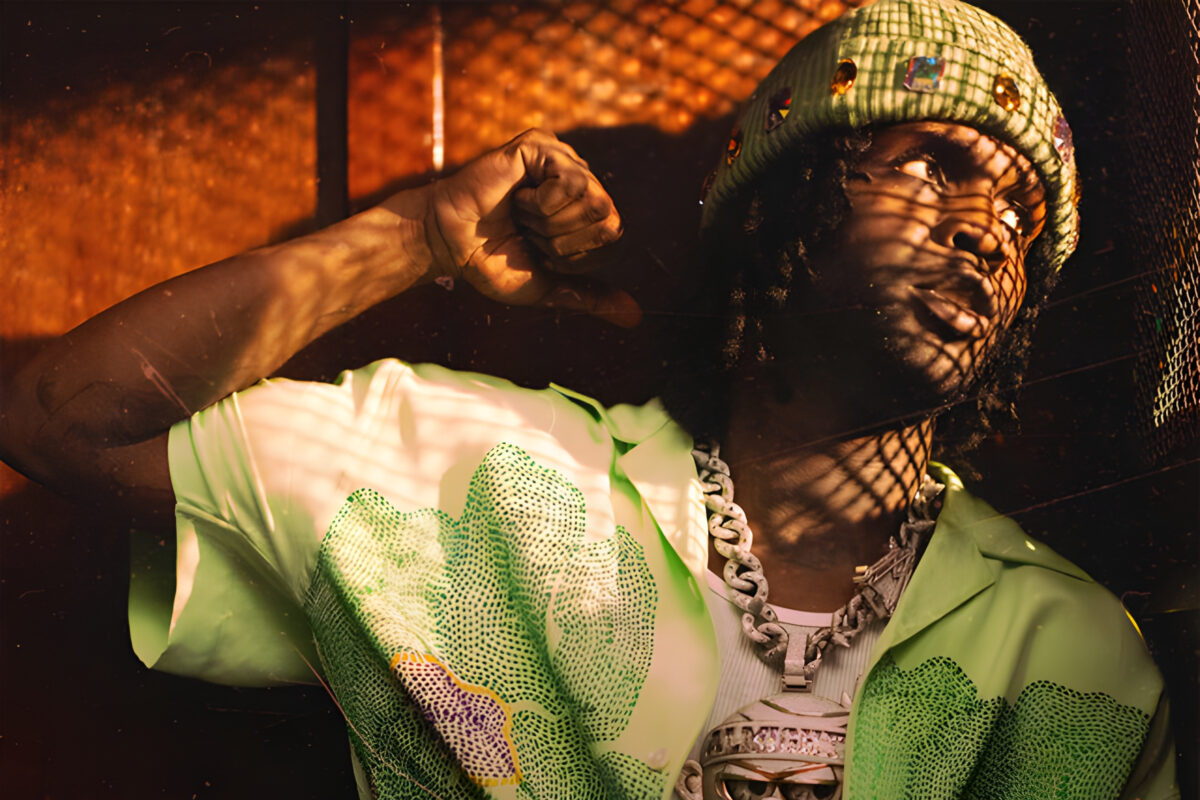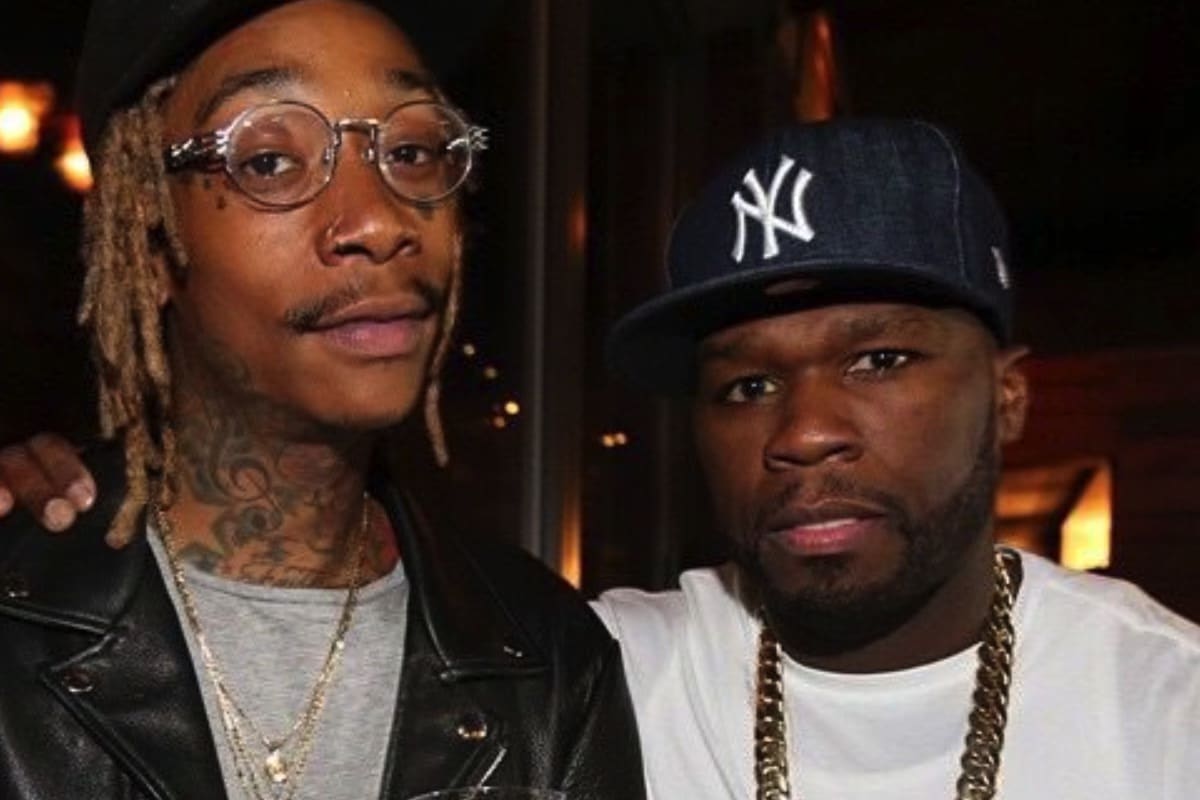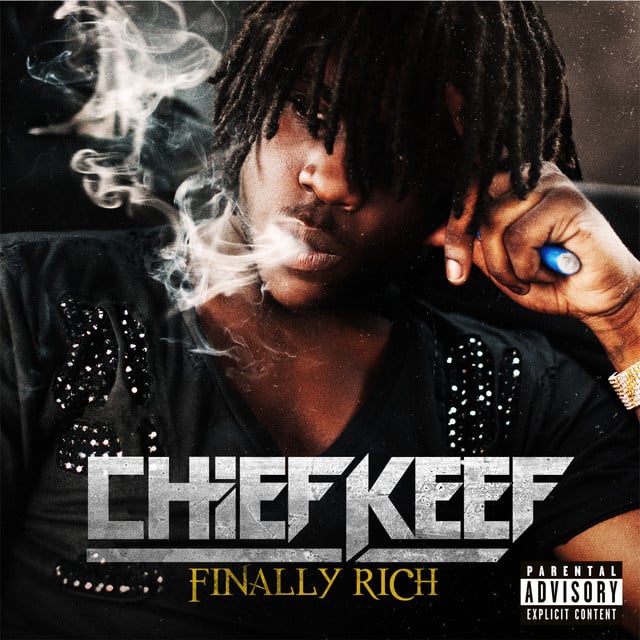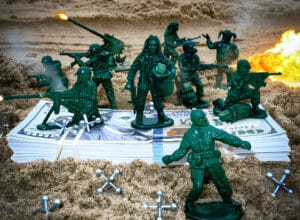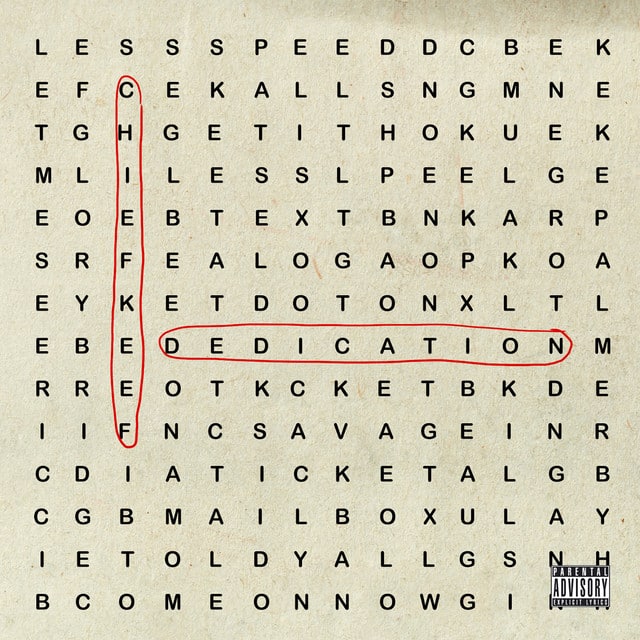Released: 2024
Chief Keef’s “Neph Nem,” featuring Ballout and G Herbo, is a gritty anthem reflecting on street loyalty, power dynamics, and affluence within the harsh realities of Chicago’s Southside. This song embodies themes of defiance against opposition, brotherhood, and the high stakes of living in a violent urban environment, alongside a celebration of success and wealth in the form of materialistic affirmations.
The hook kicks off with Chief Keef emphasizing loyalty and paying homage to deceased loved ones or respected figures from his past. By mentioning “Roc grave, on Cap head,” he roots himself deeply in personal and communal history. Such expressions are emblematic of reverence for lost companions or those whose influences continue to linger, conveying that their memories dictate actions in the present. He punctuates this with the expression “foe,” which is slang derived from “folks,” often used to signify trust and familiarity within certain groups in Chicago.
Moving into the first verse, Chief Keef talks about his life in the drug trade with references to having ’20 pounds of gross in the trunk,’ implying significant dealings in marijuana. He reinforces his dominance by referencing the fictional downfall of “Tony,” likely alluding to the tragic character Tony Montana from ‘Scarface.’ Through such cultural nods, Chief Keef positions himself as a force not to be reckoned with.
Further, Chief Keef asserts his authenticity and unwillingness to be manipulated, likening any potential threat to his control to an association with something fake or ephemeral, much like ‘Sony’ being compared to the more grounded decisions he makes. Mentioning his roots, ‘I’m a Southside-ass nigga, catch me ridin’ down Stony,’ anchors his identity in his environment, proudly representing his origin and what that toughness entails.
Ballout picks up the narrative with exuberance about his lavish lifestyle and mastery over opulent choices, including high-end cars like the Porsche 918. Lines like ‘frog eyes on it’ give a nod to the iconic design of Porsche headlights, a signifier of wealth and attention to aesthetic detail. Ballout’s lyricism emphasizes financial success and comfort in these riches as an achievement within his community.
In this verse, the language veers into braggadocio territory with assertions of immediate capability to take decisive, and often lethal, action—‘I can get you gone with just one nod, homie.’ The sense of commanding presence is palpable, giving a vivid sense of their reach and influence both financially and territorially.
Chief Keef’s collaboration with Ballout reinforces their narrative of close-knit alliances where every crew member is entrusted with upholding their honor and mutual protection. They narrate an ease of luxury transactions, illustrating just how disposable a high amount of cash is in their lifestyle with ‘Pay all cash, put my son life on it.’ This exhibits trust and bravado, asserting confidence in one’s decisions.
G Herbo comes in strong with references to the Southside’s violent undertones, maintaining the energy set by Chief Keef. ‘I’m in that wide-body Rolls, me and Dank in it (ayy),’ G Herbo is riding alongside fellow companions, noting the conspicuous absence of plates yet inclusion of a ‘Drac”—a slang term for the Draco firearm, often associated with strength and intimidation in gang culture.
He continues to intertwine vivid imagery of retaliation and allegiance—’Married to that block, we divorce him, we gon’ finish him,’ which communicates the steadfast commitment to their ‘block,’ i.e., neighborhood, which they prioritize over other transient connections. Their version of retribution is swift, a definitive narrative illustrating an endless cycle of turf battles and dominance assertion.
The conclusion, fittingly chaotic yet calculated, emphasizes the disregard for subtlety. ‘If it’s really smoke, we gon’ blow, we gon’ spin again,’ perfectly encapsulates their modus operandi of relentless pursuit, repetition of aggression, and ensuring any dispute ends decidedly in their favor. In the grand scope, this song is a statement piece; it’s both a caution and a declaration of superiority in their lived reality.
